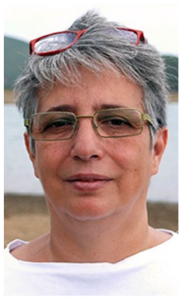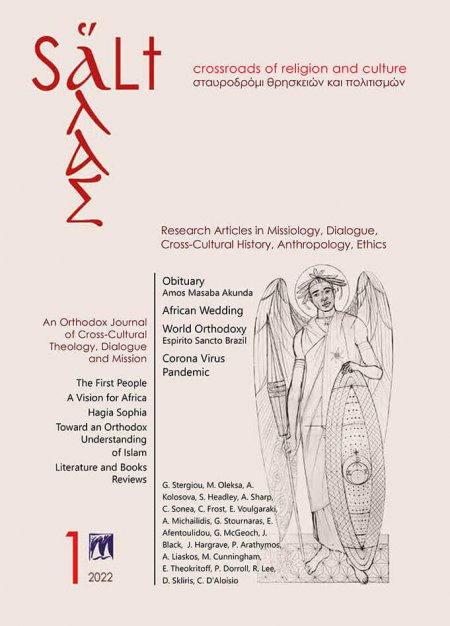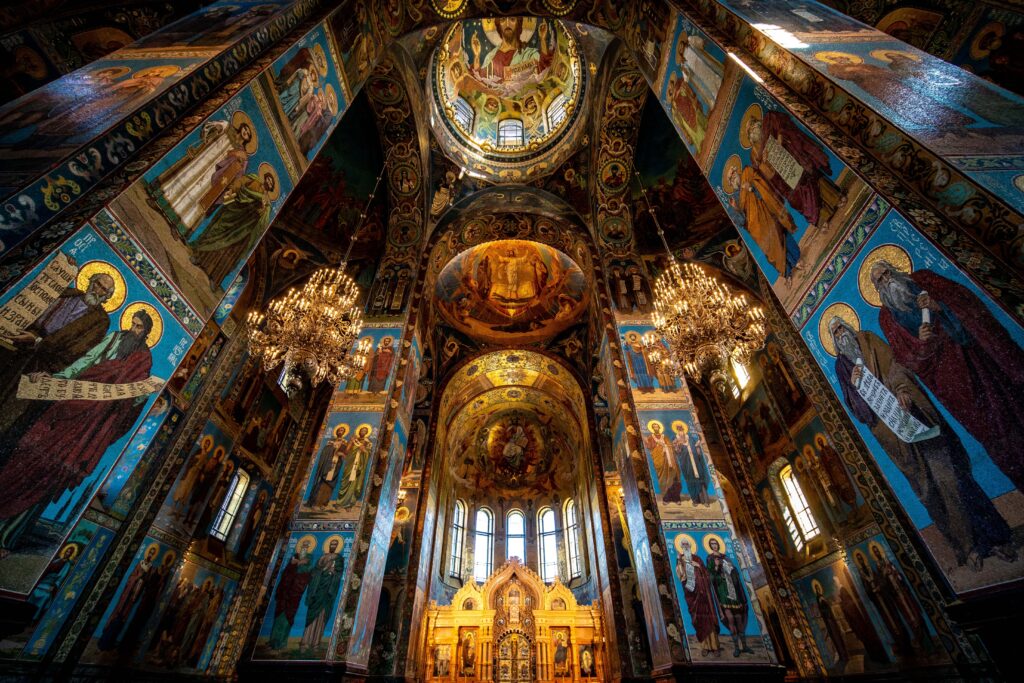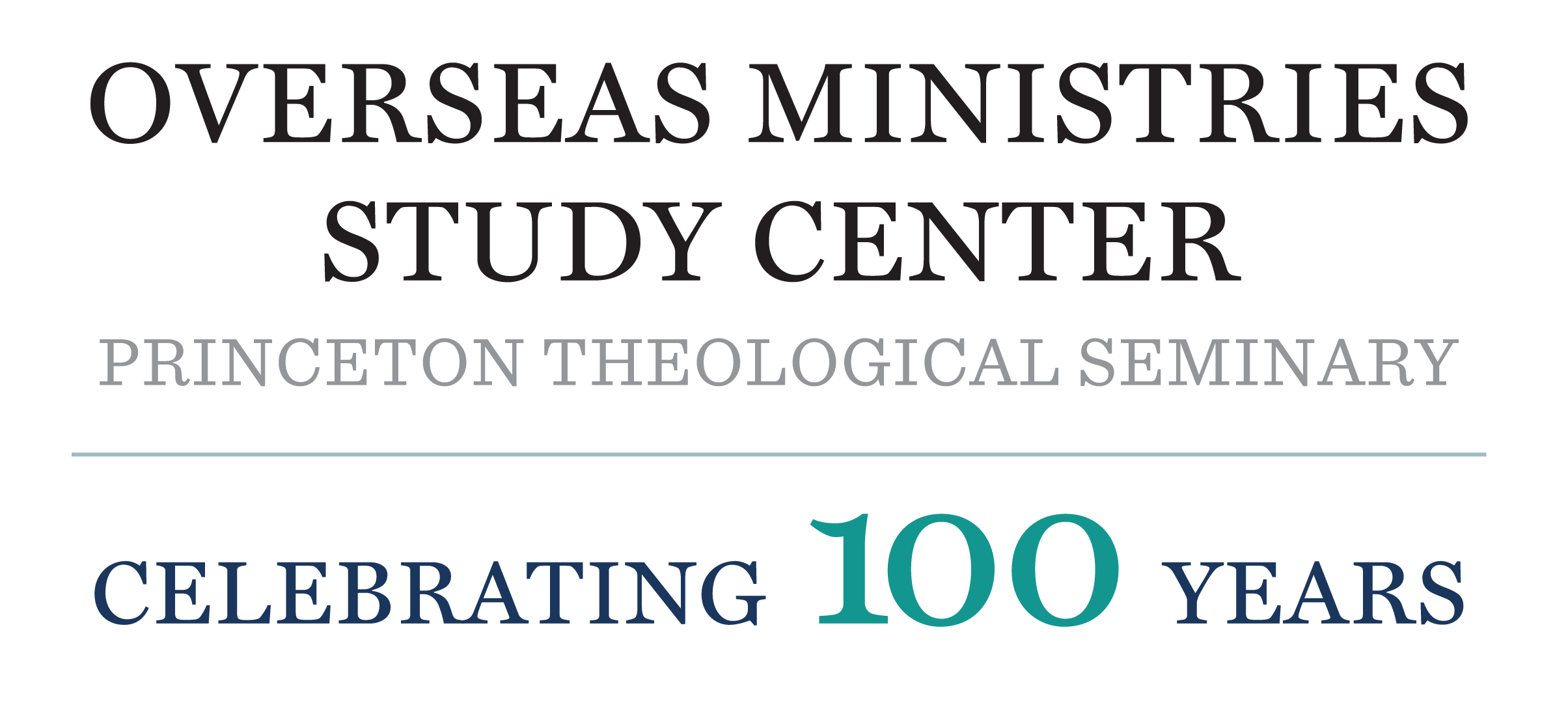By Evi Voulgaraki-Pissina – Department of Social Theology and the Study of Religion, National and Kapodistrian University of Athens

Evi Voulgaraki-Pissina is a lecturer in Missiology at the Department of Social Theology and the Study of Religion, National and Kapodistrian University of Athens. She teaches “Mission and the Contemporary World” and “Interfaith Dialogue,” giving several courses at the graduate level. She specializes in patristics and mission. Her latest book is Persuasion and Coercion: Babylas versus Apollo. An Example of Religious Conflict in Late Antiquity (Athens: Maistros, 2022). Her article, “Mission and Dialogue: An Assessment of the Interaction of Orthodox Theology and Practice with the Reformation,” was recently translated from Greek to English as part of OMSC’s translation initiative and published in the October 2023 edition of the International Bulletin of Mission Research (Volume 47, Issue 4)

I want to introduce Salt: Crossroads of Religion and Culture, a new missiological journal, the first of its kind in the Orthodox World. An Orthodox Journal of Cross-Cultural Theology, Dialogue, and Mission was much needed, as the Orthodox voice in missiological matters remains weak. At the same time, missionary endeavors are an increasing reality in the Orthodox Church across the globe. The journal is biannual, and we are working on the possibility of it becoming an annual publication. It is peer-reviewed and run by an editorial and advisory board of renowned theologians, as one can see browsing the official website.
With this journal, we hope to promote openness in the Orthodox world, assisting in overcoming the shortsightedness of nationalism, ethnocentrism, xenophobia, breaking with complacency, and an ‘establishment’ mindset that have proved to be a significant, long-lasting impediment to mission among the Orthodox.
Salt wants to raise crucial questions, increase self-awareness, and continue studying diversity by facilitating a discussion between Theology, Theology of Religions, Cultural Anthropology, and, in particular, Christian Anthropology and Religious Studies. Open to cultural and interfaith dialogue, it distinguishes between Tradition and tradition in a continuation of the broad and ecumenical patristic spirit of the Fathers of the Orthodox Church.
At the same time, it is open to human and environmental sciences, studying cultures and civilizations, discussing problems of language and terminology, raising critical questions about missionary praxis today, learning from historical experience, addressing life-threatening environmental justice issues, setting priorities to address the needs of the 3rd Millennium. Reflecting on missionary reality, it is a critical and constructive voice promoting a qualitative presence of Orthodoxy worldwide, serving the openness of the Orthodox Church in a global village, and taking people and cultures seriously. Standing at the crossroads of religions and cultures, Salt explores various missional ways, celebrating and witnessing to Christ in a liturgical, diaconal, and prophetic mode.
The journal points toward rediscovering Christian identity as one salting the earth. The first issue includes seven sections on a variety of topics: The introductory section consists of three articles of reflective character on “The First People” by Archpriest Michael Oleksa, on “Orthodox Mission in the Central and Western African Region: Our Presence—The Difficulties—The Reality—The Potential,” by Metropolitan Gregory (Stergiou) of Cameroon, and an article signed by both the Editorial and the Advisory Boards on Agia Sophia, a most significant Byzantine monument in Istanbul, listed in UNESCO’s World Heritage List, and its destiny it times of increasing religious fanaticism and regression.
The second and main section consists of scholarly, peer-reviewed research articles that develop the range of the theme of Salt in method, kind, geographical, and historical relevance, written by eminent scholars and including original research. Four more sections follow: Explorations in Global Orthodoxy, this time about Brazil, an Obituary of Bishop Athanasios (Akunda) of Kisumu and all of Western Kenya, a Discussion on African Wedding, Current Issues on the Coronavirus Pandemic, and on Literature Guides and Reviews.

Salt was born from the coming together of Orthodox Missiologists in Orthodox and ecumenical theological Conferences. The Conference, “Salt of the Earth: Orthodoxy and Otherness in The Modern World”, was organized by Salt for the official launching of the publication. It was a festive occasion and, simultaneously, a dialogue with many significant contributions, among which many were ecumenical, under the auspices of the Ecumenical Patriarch and the Archbishop of Athens.
The first edition of this journal is available for purchase and is published by Maistros Publications and will be available via the Atla Religion Database. Here is the link for purchase.
We hope this publication continues to foster conversations across the study of World Christianity. For more on Salt, please email contact the editor-in-chief.
If you are interested in submitting an article to this journal, see this link.



